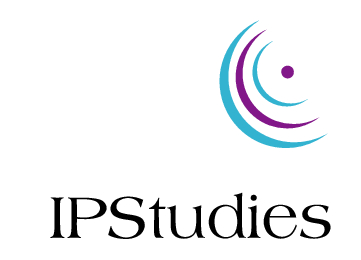Switzerland is preparing a major corporate tax law change to comply with the new OECD international tax practice recommendations (BEPS Action 5) [Update: Swiss Parliament voted the new law in June 2016 , but finally the law was not accepted by the Swiss citizens consulted by referendum in February 2017. A new tax reform in currently back in the legislative agenda, which will take a few more years. The content of this article is therefore obsolete.]
The former tax rulings regimes which were quite opaque and only accessible to multinationals will be abandoned in favour of a more transparent system, that will be more beneficial to local SMEs and corporations with active R&D in Switzerland, in particular through a couple of measures:
- A Swiss patent box, for optimising tax on benefits which can be bound to certain qualifying IP, such as patents and equivalent rights if substantial activities, i.e. local R&D expenditures, are effectively carried out by the taxpayer (here, Switzerland is aligning to the OECD rules, incl. the NEXUS ratio)
- R&D investment deduction incentives, for optimising R&D investments and thus encouraging innovation.
